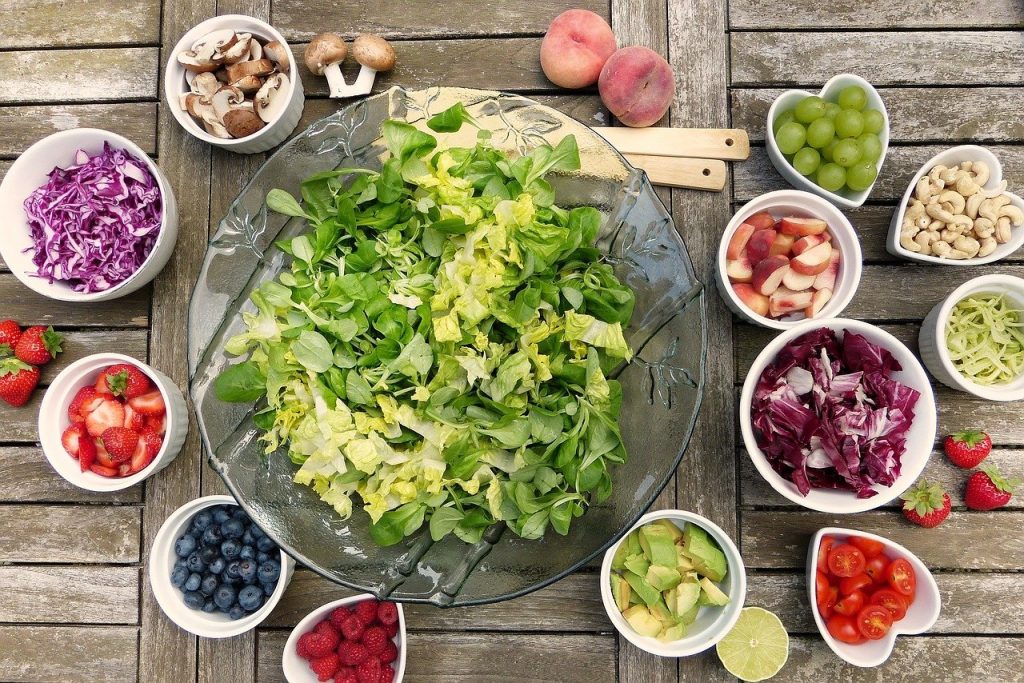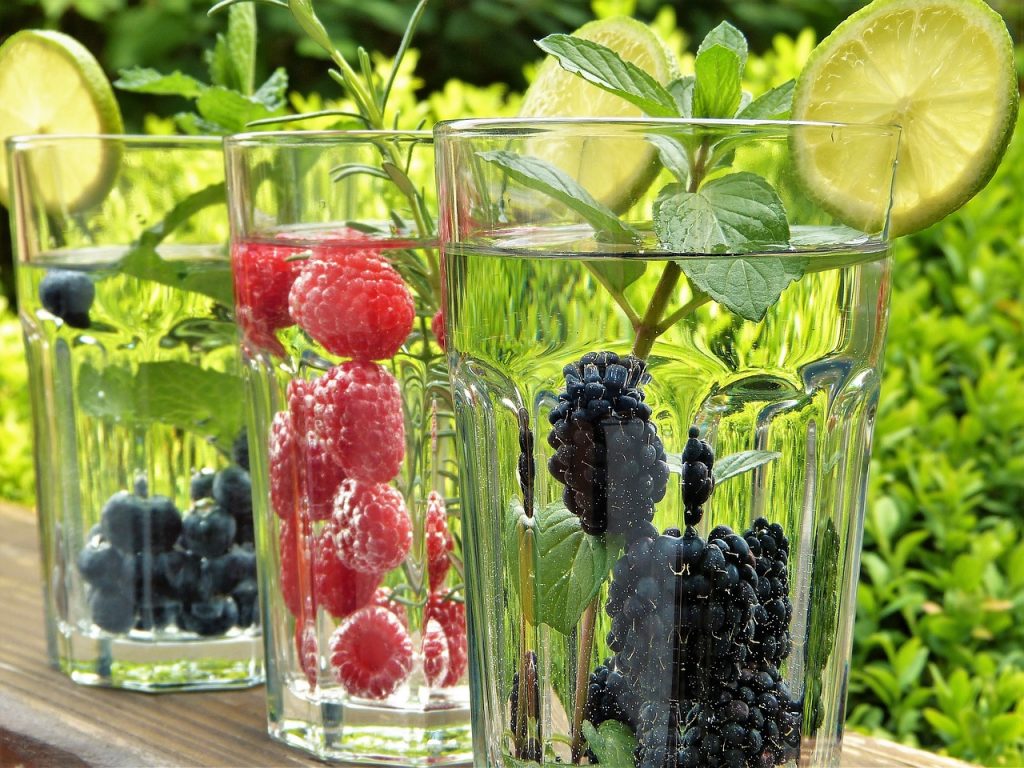Menopause affects women who are 45 and older. The cause of menopause is a decrease or complete cessation of estrogen and progesterone production. The most obvious sign of menopause is when menstruation stops completely. Women also experience hot flashes, night sweats, sleep disturbances, and mood swings. They may also experience vaginal dryness that makes intercourse uncomfortable. This article provides four ways to cope with menopause naturally.
Try to Avoid Caffeine and Alcohol
Alcohol and caffeine increase body temperature, and women will experience an increase in hot flashes and night sweats if they drink beverages containing alcohol or caffeine. Doctors recommend limiting the intake of alcohol entirely during menopause. Women who love coffee and tea should switch to decaf until they have completed menopause. If they experience any signs of menopause, women can visit their doctor for hormone-level testing.
Exercise and Start a Healthier Diet

A common complaint about menopausal women is sudden weight gain because of depleted hormone levels. Doctors recommend starting a diet and exercise plan to achieve a healthier weight. The diet must include vegetables and fruits and a reduction in carbs and bread products. Women must pay attention to the foods they eat to determine if foods trigger menopause symptoms such as hot flashes. Spicy foods increase sweating and make hot flashes worse.
Beyond this, though you can boost your estrogen levels with certain foods, reduced estrogen can also go on to cause vaginal dryness making sexual intercourse uncomfortable. Talk to your doctor and see what is the cause of the dryness. They may recommend hormone replacement therapy using an estrogen gel lubricant. You can also check out online sources, such as the news here, to keep on top of any new developments and solutions on how to cope with the symptoms of menopause.
The exercise plan must address underlying health conditions, too. For example, if a woman has cardiovascular disease, they will perform exercises that improve heart health. Their doctor can make suggestions about their new diet and exercise plan to improve their health, control weight gain, and prevent more frequent menopause symptoms.
Eat Foods Higher in Phytoestrogen
Phytoestrogen decreases the frequency of hot flashes and other troublesome symptoms of menopause. Foods that are high in phytoestrogen include beans, flaxseed, and tofu. By eating these foods, women regulate their blood pressure, decrease their cholesterol levels, and control their night sweats and hot flashes.
You Must Stay Hydrated

During menopause, women experience hot flashes and night sweats that deplete their water levels, and they can become dehydrated quickly. Doctors recommend staying hydrated by drinking at least 8-8-ounce bottles of water each day. If they experience more frequent hot flashes or night sweats, they will need to increase their water intake to stay hydrated and cool down during their symptoms.
By using ice packs, they can also cool down quickly during sudden hot flashes. Some women may choose to get mattresses with cooling gel to avoid excessive sweating when they sleep. A combination of these practices helps women manage menopause symptoms and lets them sleep more peacefully.
Menopause begins around 45 years of age or when a woman stops having her period. The symptoms of menopause may include hot flashes, night sweats, insomnia, mood swings, and hair loss. Some women may grow hair on their faces because of the decreased estrogen production.
There are several natural ways to cope with menopause, but doctors recommend hormone replacement therapy to ease most symptoms. By reducing alcohol and caffeine intake, women can decrease hot flashes and night sweats. They can start a new diet and exercise plan to decrease weight gain and stay healthier. With any treatment approach they choose, women can get the relief they need and make life easier to cope with menopause.
Featured Photo by Athena from Pexels
